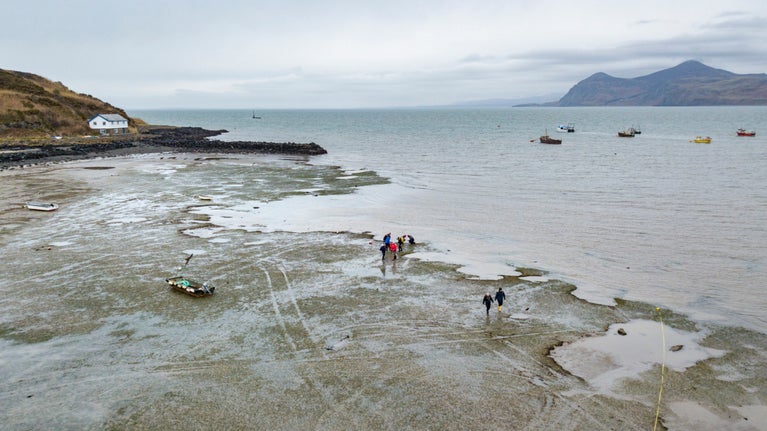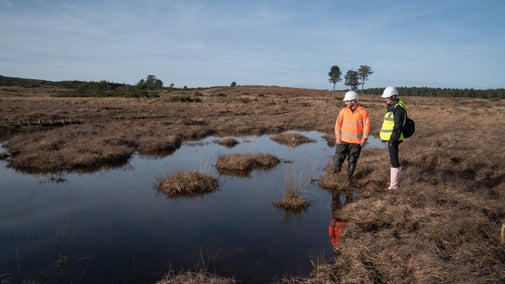

Research
Find out more about the research we conduct, from conservation studies to environmental analysis. Plus, learn more about our collaborations with heritage and environmental organisations, and discover how you can get involved.
Why we do research
Why does the National Trust do research?
Learn how research helps us understand changes in the world around us, discover more about the places the Trust cares for and find practical solutions to conservation problems.

Strategic framework for research
Find out more about what the National Trust's strategic objectives are in the vital area of research, and how we will enact and deliver on these aims.

Guidance for academics
Work with us: guidance for academics
Learn more about our research – from the PhDs we sponsor and practical testing of conservation techniques to the hundreds of projects we collaborate in or host each year.

Case studies
National Trust research case studies
From discovering how to protect historic houses to following the lives of 1,000 northern hairy wood ants with tiny radio receivers, learn more about recent collaborations, including our collaboration with the University of Leicester to support our Everyone Welcome commitment.

Histories of colonialism and historic slavery
Addressing our histories of colonialism and historic slavery
Read our report on colonialism and historic slavery in the places and collections we care for and discover how we’re changing the way we approach these issues.

Annual Research Report
The National Trust Annual Research Report was first published in 2023 and is aimed at researchers, academics, practitioners and anyone interested in analysis at the National Trust. The reports showcase our national and regional research partnerships, funded and partnered projects, doctoral work, our investigations in the press, and how we’re building our internal research culture.
Annual Research Report 2024-25
In this edition, we focus on the impact of our research and the ways it supports our core purpose, such as improving our technical analysis skills, providing evidence for better decision-making, developing solutions for urgent challenges around biodiversity and climate change, and enabling people to engage with nature, beauty and history on their own terms.

